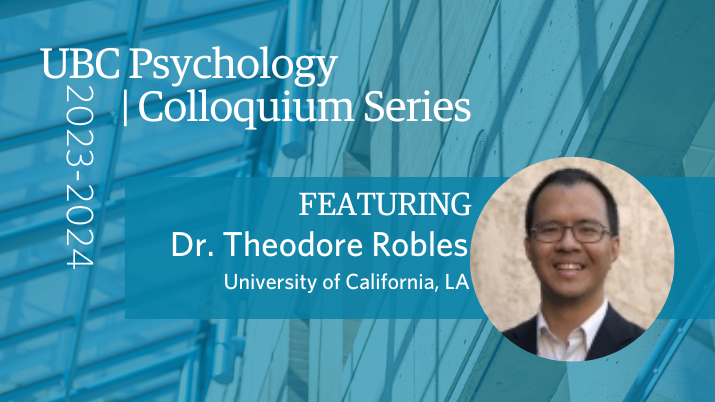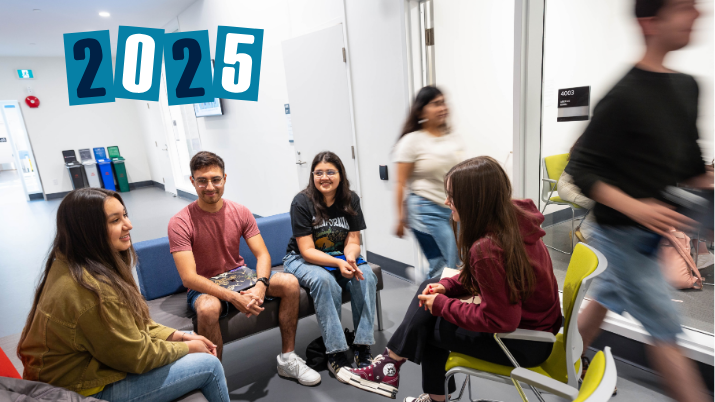

FEATURING
Dr. Ted Robles, Professor, Vice Chair of Graduate Studies, University of California Los Angeles
TITLE
Social Buffering and Health in Two Parts: From Families to Immune Cells, and from Campuses to Communities
ABSTRACT
This two-part talk discusses my work on social relationships and health. In Part 1, I share work from our lab that informs our understanding of how the buffering effects of social support within families might manifest in proinflammatory and aging-related biology to (potentially) impact our health. Drawing from an intensive repeated measures study of families, as well as survey data from the California Health Interview Survey, that work suggests that social buffering may extend to other types of challenges in addition to stress exposures. In Part 2, I share work that I and others are doing at UCLA to promote healthy social relationships on campus through the Semel Healthy Campus Initiative Center, which involves forming and cultivating partnerships between faculty, staff units, and student organizations. While that work is in its infancy, it may represent a model for how health psychologists can work to improve health at their own institutions.
BIO
Dr. Robles’s research involves understanding how stress and social relationships influence health, with a focus on allostatic biological processes, which help individuals achieve physiological stability during stressful events; and restorative biological processes, which aid the individual in recovering after stressful events. Allostatic processes that Dr. Robles studies include the hypothalamic-pituitary-adrenal (HPA) axis, autonomic and cardiovascular responses, and immune and inflammatory responses.
Dr. Robles studies these biological processes in the context of stress, social support, and close intimate relationships across the life course. His research program uses both experimental and non-experimental designs and reflects my interest in multiple, innovative methods to assess psychological constructs and physiology in minimally invasive ways, while at the same time incorporating measures of clinically relevant health outcomes.
Dr. Robles is currently examining how family environments impact susceptibility to upper respiratory infections, and how retirement impacts marriages and health. In addition, he is currently studying how psychological stress and mindfulness-based stress reduction may influence psoriasis symptoms.
RESEARCH AREA
Health and Clinical Psychology
RSVP NOW!
Annually the Department of Psychology hosts a Colloquia Series throughout the academic year. This exciting program brings us together outside of the classroom to have conversations with the speakers we’ve invited to our campus to share their ideas. You’ll have the chance to hear from international speakers on a wide range of provocative topics.

